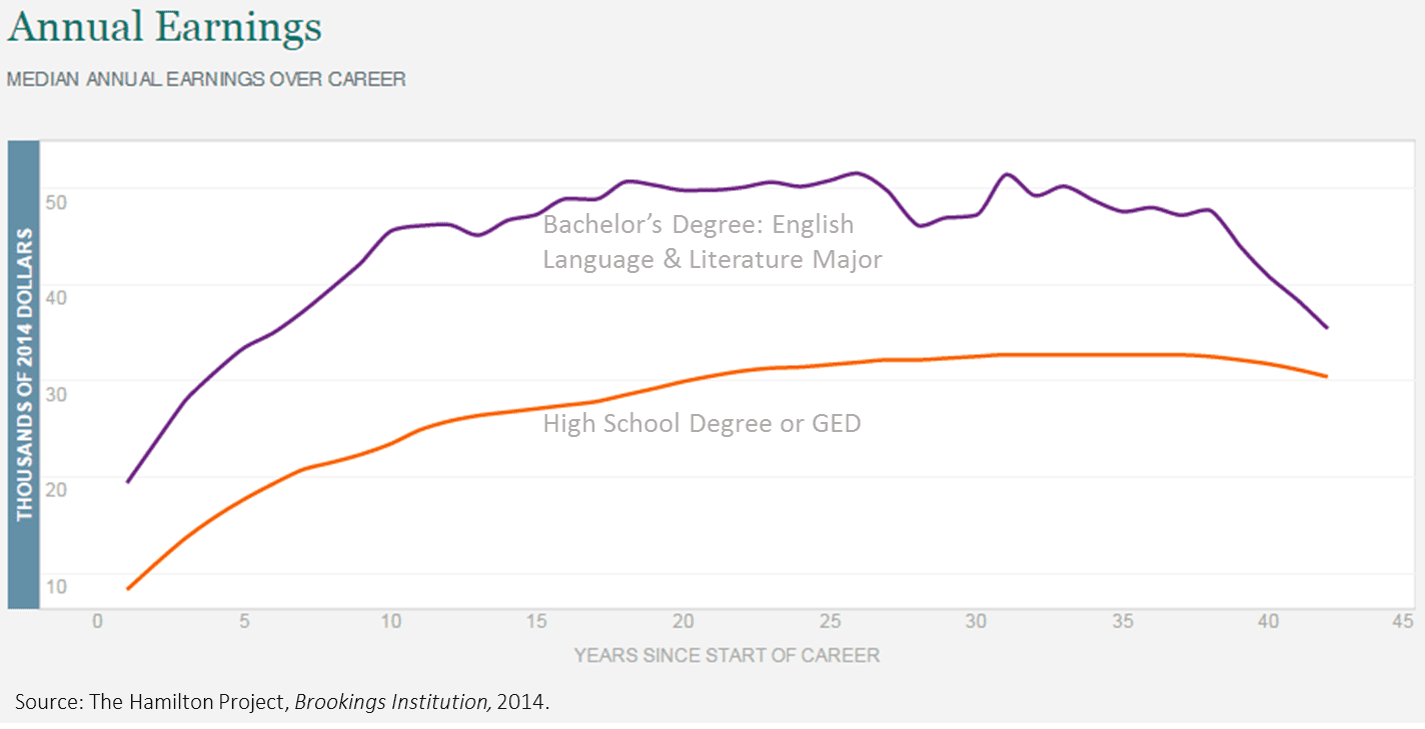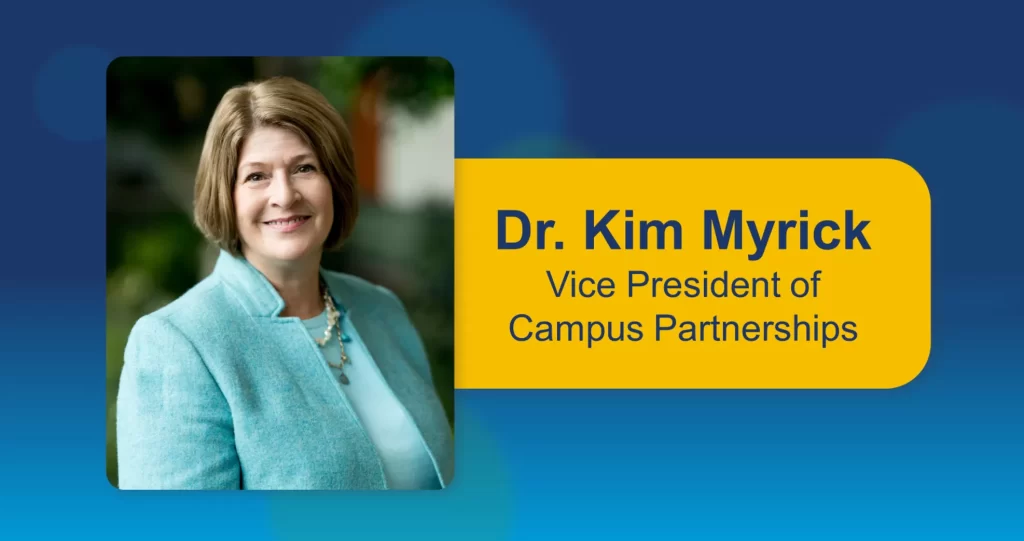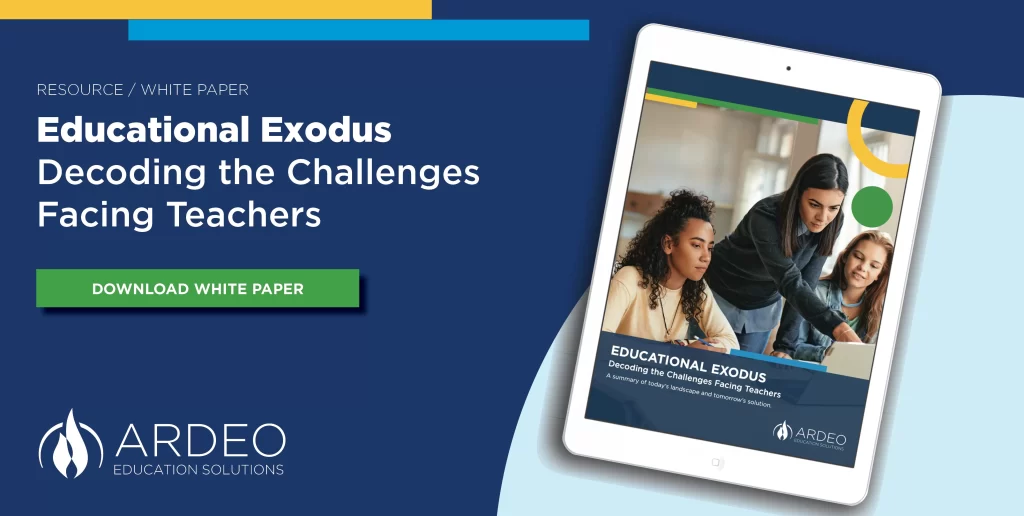Ardeo News
The past few years have been prettyrough on the English major. About 50,000 students earn bachelor’s degrees in English annually, comprising only about 3% of all college graduates nationwide. This is a sharp decline from 45 years ago, when the share of English majors was closer to 8%.
To put it mildly, faculty in English departments across the country have noticed. At this year’s meeting of the Modern Language Association in Austin, Texas, a major topic of discussion was “Selling the English Major.” Faculty discussed making a case for a degree in English not only to students, but to parents, college administrators and even politicians.
The biggest hurdle to overcome? The perception that a degree in English is an ‘unpractical’ pursuit, a perception that indeed extends not only to English majors, but many if not all of the humanities.
Of course, even a cursory google search of “successful humanities majors” returns countless stories of business executives, tech entrepreneurs, public servants and the like, the lion’s share of whom credit ‘unpractical’ educations as key to their career success.
Regardless, students seem increasingly more likely to select a specialized major for its workplace demand. This is for one simple (and intuitive) reason: college costs more than it used to. If students (or their parents) believe they’re going to spend more on a college education, it follows that they’ll be sure this investment won’t doom them to live in a hovel.
But as is often the case, what’s in demand today may not be tomorrow, let alone four years from now. A degree in the humanities, on the other hand, provides graduates with skills that are valuable in a wide array of professions – and that by their nature last the duration of an entire career.
This is borne out in salary data as well – in 2013, the annual median salary for humanities bachelor’s degree holders was $51,000 – far above the average of $35,000 for non-college graduates. And at peak earnings ages (56-60 years), workers who majored in the humanities actually earn about $2,000 more than those who majored in professional or pre-professional fields as undergrads.
Then there are the intangible benefits that come with studying the liberal arts. In one recent study, graduates who had liberal arts experiences in college were found to be 25-35% more satisfied with their lives compared to other graduates. These experiences are also related to producing engaged citizens – liberal arts graduates were found to be between 26-66% more likely to volunteer and give to charities, for instance.
Perhaps that’s the most essential and relevant reason to study this subject – in a society that seems to become ever more polarized, America desperately needs graduates who are well-versed in a variety of topics, and thus equipped to bridge the communication gaps between opposing groups.
The Bottom Line
The humanities have taken a beating in recent years, and that’s precisely why colleges around the country need to act. But even the strongest sales pitch still doesn’t guarantee financial security after graduation – an increasingly crucial aspect in the enrollment decision-making process.
If we truly wish to encourage more studying of the humanities, we need to do more than “sell” these majors. We need to meaningfully promise that a humanities degree is worth the investment.



